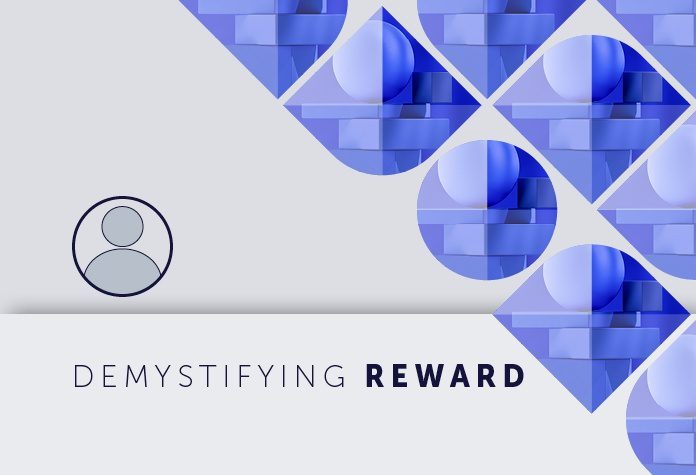Organisational Change
Blog: What Does ‘Strategy’ Actually Mean to HR?
A vital keyword but a misunderstood concept, so what questions can we ask?
What do all the different strategies mean?
Once you start getting into the specifics – business strategy, people strategy, HR strategy, strategic planning – you can quickly lose your footing (and end up saying the word ‘strategy’ too many times).
Which brings us to the crucial question: should HR strategy exist in its own right or simply as part of business strategy?
Previous CRF research concluded that a single document covering business and people strategy is preferable, though the key factor is to have clear line of sight between business priorities and HR actions.
This means distinguishing between people strategy – the people-focused aspects of business strategy – and HR strategy. This is often confused with the HR functional plan, or the HR actions which support both business and people strategy.
What is HR’s role in strategy discussions?
Strategy develops through formal processes, the outputs of which are strategy documents and plans. However, strategy also results from ‘little’, daily strategic decisions across all levels of an organisation. With rapid, ongoing and disruptive changes in business, organisations have to find ways of combining formal processes with the adaptability to react to such challenges.
Most organisations have some form of regular strategy review process, although this may not be an annual event. HR directors generally are involved in strategy discussions, but their contribution depends, ultimately, on their personal capability – and the organisation’s view of what HR can contribute to strategy.
The key contributions HR makes to strategy content are talent management, succession planning, organisation effectiveness, executive compensation, and supporting strategic change – mergers and acquisitions and entering new markets are two examples. We found HR increasingly provides internal and external data to support corporate strategy.
Time and again, CRF research suggests that HR has a central role in strategy discussions, affecting everything from organizational development to reward structure. HR can also guide their organisation to become more strategic by helping the executive team improve its effectiveness in strategy development and communicating the resulting strategies effectively.
Today, HR is more likely to be involved in strategy discussions – being able to contribute but also to improve the quality of strategic thinking in HR. Clear line of sight between business strategy and HR actions is essential.
What do HR professionals need in order to build and support strategy?
Our research identified the following key skills that HR professionals should have, or develop, to participate fully in supporting the development of business strategy and developing effective HR strategies.
The most important skills are analytical skills – the ability to interpret developments in business, market, regulatory and social environments – and business acumen, ensuring a good understanding of customers, investors and other stakeholders.
Another, perhaps less obvious, characteristic is personal credibility, to ensure that you are taken seriously as a strategy contributor. A recent CRF Community event explored some of the ways that HR can develop their consulting skills to help with this.
Finally, a deep knowledge of HR tools and techniques, and their relationship to business strategy and issues, will always be useful.
To find out more about CRF’s research on HR strategy, check out this Report.
UPCOMING CRF CONFERENCE:
Trading in the New
Business Landscape
Featuring Prof. Patrick Reinmoeller,
IMD Business School,
delivering Taking Strategic Action




